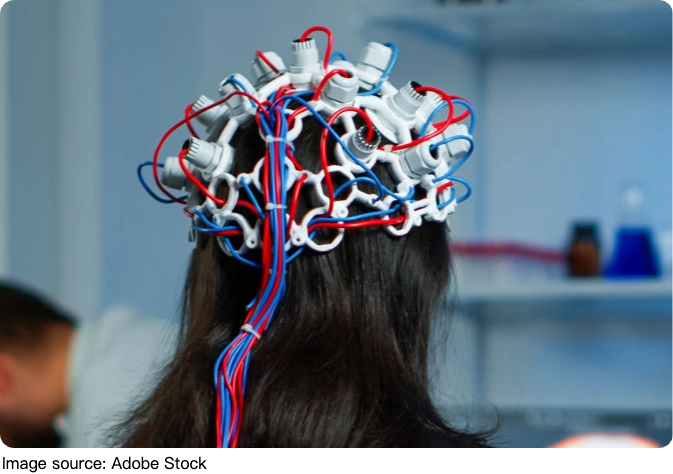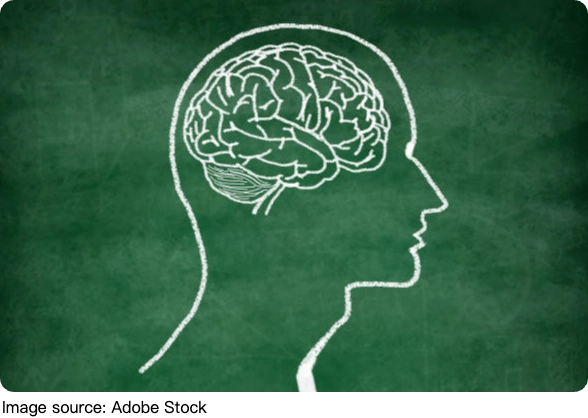Vanishing Acts of the Mind

There’s a unique frustration in forgetting. One moment, your keys were right there. The next, they’ve vanished, as if reality rewrote itself. It's a familiar situation—so ordinary that planners, sticky notes, alarms, and smartphone reminders have become everyday tools in the fight against forgetfulness.
But forgetting isn't just an annoyance. It’s a deeply human phenomenon rooted in how memory works. Whether it's drawing a blank during an exam or forgetting an anniversary, memory slips reveal just how fragile—and surprisingly functional—our minds can be.
Why Time Eats Away at Memory
In the late 19th century, German psychologist Hermann Ebbinghaus began exploring how we forget. Using three-letter nonsense syllables like “DAX” or “ZUV,” he tested his own memory over various time intervals—from minutes to days. What emerged was the now-famous “forgetting curve.”
This curve showed that most information is lost quickly after learning. Unless reinforced through repetition or meaningful use, memories fade fast. However, the decline isn’t endless. Eventually, the rate of forgetting levels off, suggesting that deeply rooted knowledge resists total disappearance. For example, you might forget the name of a book you just skimmed last week but still remember your childhood phone number. The key difference lies in repetition, personal relevance, and how the brain categorizes information over time.
Is It Really Gone? How Forgetting Is Measured
Sometimes, memories aren’t erased—they’re just hidden. On a school test, a question might trigger a memory that seemed lost just moments earlier. This is called cue-dependent recall, where the right prompt revives the right memory.
Scientists typically assess forgetting through two main methods:
Recall: People try to retrieve information without help, like listing items from memory. Difficulty here often reflects how accessible a memory is.
Recognition: This involves identifying previously learned material among new information. It’s easier because the brain only needs to match, not search.
Both methods show that forgetting isn’t always permanent. With the right cues, even buried memories can resurface.
Interference: When Memories Clash
What was for dinner last Tuesday? Difficult to answer, right? Not because it wasn't memorable, but because too many dinners have happened since. This leads to what experts call interference—when one memory blocks or alters another.
There are two types:
Retroactive interference: New information interferes with older memories. For instance, learning a new password might make it harder to recall the old one.
Proactive interference: Old memories disrupt new ones. A familiar example is trying to remember a new locker code but instinctively typing the old one instead.
Interference is especially strong when memories are similar. That’s why unique moments—like graduation day—are easier to remember than a random Monday.
Interestingly, interference also explains the "serial position effect." This is why people often remember the first and last items in a list better than the middle ones. The brain prioritizes beginnings and ends, leaving the middle ground vulnerable to confusion.
To reduce interference, experts suggest:
Repetition: Rehearse new material until it becomes second nature.
Spacing: Study different subjects in separate sessions instead of back-to-back.
Sleep: Quality rest solidifies new memories and reduces interference from distractions.
The Trace Theory: Do Memories Fade on Their Own?
According to the trace decay theory, every memory leaves a physical or chemical imprint on the brain—a “trace.” If the memory isn’t revisited or reinforced, the trace slowly fades. Think of it like writing in the sand: unless revisited, the message is washed away over time.
However, this theory has limitations. In daily life, countless experiences take place between learning something and needing to recall it. It’s difficult to prove that time alone causes forgetting, rather than interference or other external factors.
Still, the trace theory aligns with common sense: the longer a memory sits unused, the weaker it becomes—unless it holds emotional or functional significance.
When the Memory Is There, But Inaccessible
Have you ever struggled to recall a name, only to remember it hours later while doing something unrelated? This illustrates retrieval failure—a scenario where the memory is intact, but the brain can’t access it in the moment.
This often stems from:
Encoding failure: The brain never properly stored the information. For instance, many people can't accurately describe the back of a coin they've seen thousands of times. Why? Because those details were never deeply processed—they weren’t needed.
Lack of retrieval cues: Sometimes, a specific sound, smell, or environment can unlock a memory. Returning to a childhood neighborhood, for example, might suddenly revive forgotten stories.
Studies show that the presence of original learning cues significantly boosts recall. Without them, even well-learned information can feel out of reach.
So, Why Do We Forget at All?
Forgetting isn’t just a flaw—it’s a feature. The human brain filters information constantly, deciding what’s worth keeping and what can fade. This prevents cognitive overload and allows focus on what truly matters.
Imagine remembering every minor detail of every day. Life would be paralyzing. Forgetting frees mental space, enabling problem-solving, adaptation, and growth.
However, improving memory is still possible. Techniques like chunking, visualization, and strategic repetition enhance retention. So does maintaining brain health through exercise, sleep, and nutrition.

Final Thought: What Will You Remember?
Memory is imperfect, but beautifully so. Forgetting shapes how we learn, feel, and experience the world. It teaches us to focus, to let go, and to pay attention.Understanding the psychology of forgetting helps make sense of those frustrating mental blank spaces—and even turn them into opportunities for growth. Next time a memory slips away, pause. Is it really lost, or just waiting for the right moment to return?
-
 Floral Color MagicHow Color and Form in Floral Design Create Stunning Visual Appeal?
Floral Color MagicHow Color and Form in Floral Design Create Stunning Visual Appeal? -
 Inherited Vision Secrets!Genetic Counseling For Inherited Eye Diseases: Advancing Patient Care? What's Still Unseen?!
Inherited Vision Secrets!Genetic Counseling For Inherited Eye Diseases: Advancing Patient Care? What's Still Unseen?! -
 Vestibular Clues In Kids!Vestibular Disorders In Children: Advances In Diagnosis And Therapy? What's Causing The Spins?!
Vestibular Clues In Kids!Vestibular Disorders In Children: Advances In Diagnosis And Therapy? What's Causing The Spins?!